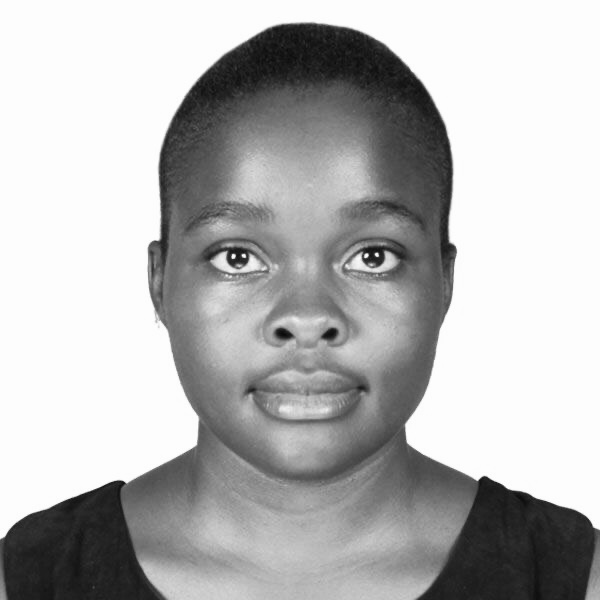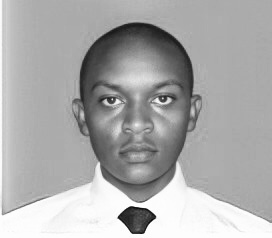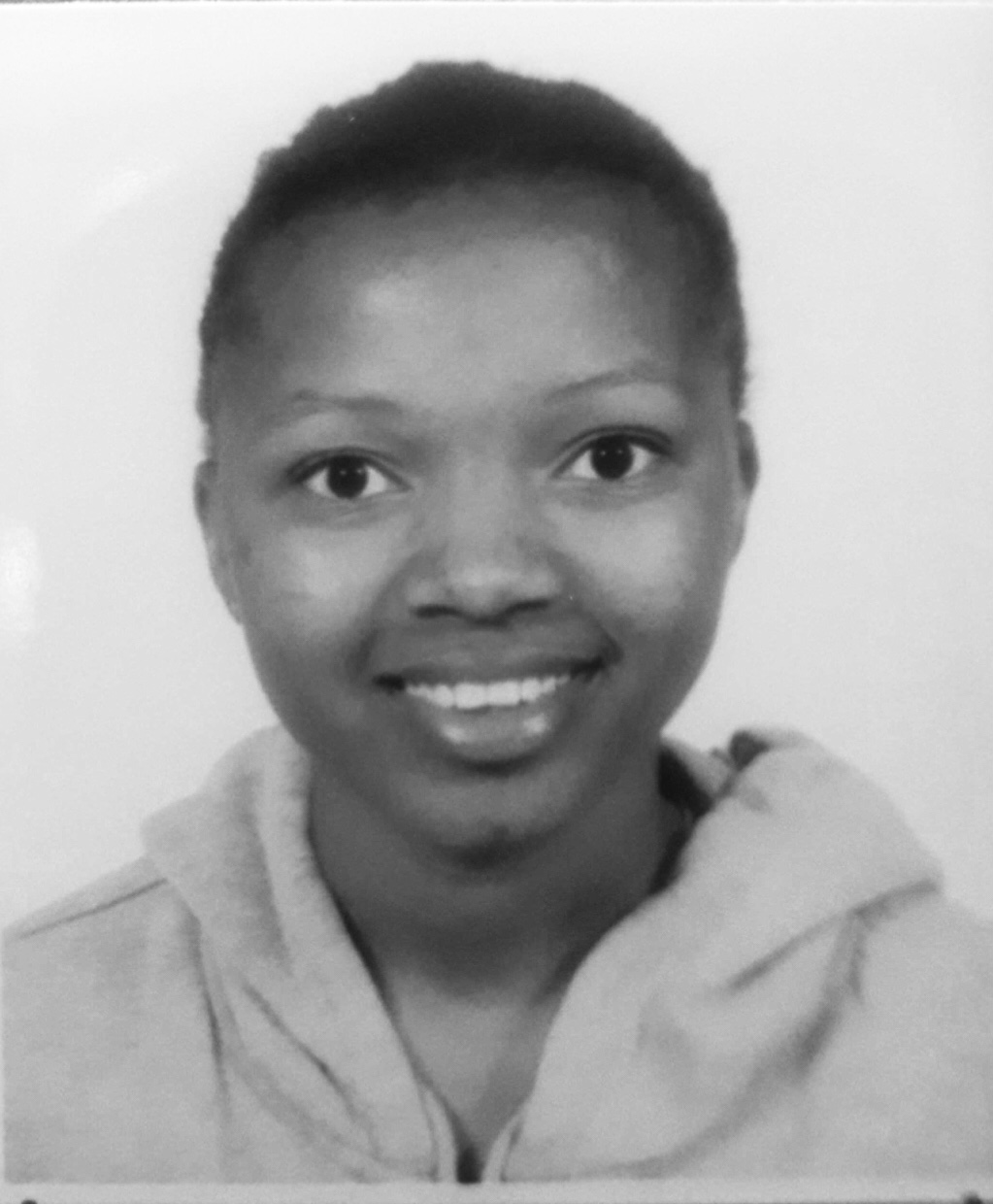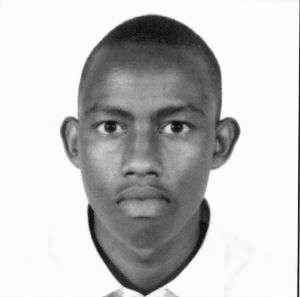Cohort One
October 2020 - January 2021

Participants

Virginiah Kengara
Bachelor of Science Micro Biology and Biotechnology
University of Nairobi
From October 2020 to January 2021 I attended the Bioinformatics Incubation and Mentorship program hosted by the Molecular Biology, Bioinformatics and Statistics Unit (MBBU) at icipe campus. The program afforded me a transformative experience where I was able to gain a deeper understanding on various topics I had challenges in, access a wide selection of resources, and improve my laboratory and programming skills in an effort to build my abilities towards my career in the future. The program was very flexible allowing interns to have access to learning materials for self- study and have sessions with a trainer, this made certain that I could focus on my weak areas as well as, it provided enough technical support which gave me exposure to the systems and made learning smoother. The collaborative nature of the program allowed me to interact with other interns from different discourse communities within the Bioinformatics field and this allowed me to learn and understand topics from theory to wet lab concepts and in a different way. My goals entering the program were fulfilled by the end of the 3 month experience, I gained skills in different programming languages for instance Linux and Python. In conclusion, this was quite an exploratory experience that was very engaging.

Fredrick Kebaso Mariita
Bachelor of Science Molecular Biology
Kenyatta University
The training, mentorship and networking I had during the Bioinformatics Incubation and Mentorship program has improved my passion and skills for to move forward in searching for scholarship opportunities towards a Masters in Bioinformatics. This internship opportunity has played a key role in shaping my career development plan. It was a noble opportunity for mentorship and networking with people of similar interest in the bioinformatics field. I got to understand what is required of me to become a skilled Bioinformatician. The skills that I need to work on as per now and the various networks that are important for me to grow. The interaction with colleagues triggered and renewed my energy to soldier in pursuit of my career. The various activities organized such as journal club and weekly updates kept me on the move and changed my perception in life as well taught me the importance of self-organization in your day to day activities. I take his opportunity to thank our PI, Dr. Dan Masiga, Karen Wambui, Dr. Caleb Kibet, Mr. Festus Nyasimi and the MBBU staff who played key role in ensuring a smooth stay during the 4 months period, the combined effort has enabled me to achieve my goals as outlined in the roadmap at the beginning of the internship. I was able to acquire new skills that I wouldn’t have gained on my own without this opportunity that supported me to set right my priorities in the future.

Bryan Abuchery
Bachelor of Science Molecular Biology
Moi University
The Bioinformatics Internship opportunity offered by the ICIPE’s MBBU unit was geared to help facilitate recent undergraduate students with Bioinformatics knowledge and skills. This was because there are a few undergraduate students aware of careers in Bioinformatics and even fewer with experience in the same field. Throughout the entire introduction to Bioinformatics, interns were able to work collaboratively with the MBBU staff. This bolstered a unique relationship between the interns and the supervisors exposing the interns to other scientists in different Bioinformatics careers. There were also periods of interaction between progress presentations, journal clubs and in informal settings which helped the interns get more comfortable. Psychologically, this helped improve communication skills among one another and also debunk myths that Bioinformatics was hard or something to fear. At the end of the internship, Bioinformatics had become one of the most easiest and fun branch of science to learn.

Margaret Chifwete
Bachelor of Science Biotechnology
Masinde Muliro University of Science and Technology
My experience during the internship was educative, informative, life changing and great exposure into the computational world. Most of the skills and lessons learned were useful and very helpful for an upcoming scientist. The mode of learning was mainly hands-on and self-learning which I think is the best in raising the students’ curiosity, detail-oriented, make mistakes, work on them on the different ways or further consult. It was also a challenging experience, getting to know and interact with people that are way ahead in the computational field. This triggers your urge to proceed further, learn more and grow. My sincere gratitude to the organizers for choosing me to be part of the team. It was great experience and great exposure to young scientists. I now have a clearer picture of the career path I want to take, thanks to the exposure. It is also a great opportunity that I can recommend to young aspiring computational biologists. Special thanks to Dr. Caleb Kibet and Festus Nyasimi for their generous contribution and dedication towards the success of this course. Not to forget the master’s students and the entire MBBU team for their unending support.

Lenaroto. L. Lmelias
Bachelor of Science Biotechnology
Kenyatta University
This internship has been a life changing experience for me, the exposure of a research environment gave me the opportunity to understand some real world problems that are being solved in science. Interacting with successful scientists has motivated me to keep moving forward as a scientist, The mentorship program has been a great learning experience, the skills I have gained can attest to the expectations I had at the beginning, the tools and resources were up to date and easily accessible. The hands-free approach towards teaching has allowed me to work with High Performance computing (HPC), Programming, and Making use of Biological Databases and so on. I did a mini-project on RNA-seq data analysis in which I applied most of the above skills. Working on this project was an opportunity for me to obtain a hands-on experience in NGS data analysis. I would like to thank everyone who participated in creating this opportunity, it is a door to career growth for young scientists like me. I thank Dr. Caleb Kibet and Festus Nyasimi for their dedication in training and mentoring us.
Projects
16s Mini-Project
This project creates a workflow for 16SrRNA analysis for researchers.The 16S rRNA is a ribosomal RNA necessary for the synthesis...
RNA Seq Mini-Project
RNA-seq (RNA-sequencing) is a technique that can examine the quantity and sequences of RNA in a sample using next-generation sequencing...